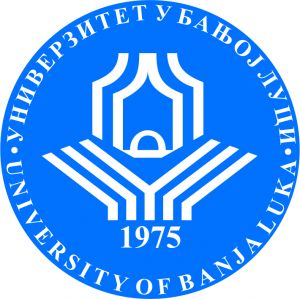Eating Behavior and Body Composition Analysis of Active College Students: A Cross-Cultural Perspective between Lebanon and Foreign countries
Original article
Submitted: 02/04/2024
Accepted: 15/05/2024
Published: 27/05/2024
UDK: 796.012.1-057.875:159.922.4(569.3)
Authors
Correspondence email: fadiify@hotmail.com
Abstract
This study aims to examine and compare the Nutrition Habits and body composition among Lebanese universities’ active students according to gender characteristics, as well as to explore the effect of these Nutrition habits on body composition parameters. A sample of 200 students (100 males, 100 females) from the Lebanese University, faculty of education were studied. The standardized self-administered dietary questionnaire (Turconi et al., 2003) was used to assess the students’ Nutrition habits. In addition, the method of multi-frequency bioelectrical analysis was used to assess five Body Composition parameters: (BH), (BM), (BMI), (PBFM), and (PSMM). Regarding Nutrition Habits, the Lebanese students showed satisfactory results and scored above average in all sections of the nutrition survey. The Frequency of food consumption showed that only (32%) of the students reported skipping fast food consumption, while (16.5%) of them reported skipping sweet consumption. Daily consumption of 2 portions or 200 g of Fruits and Vegetables was reported by (30.5% and 50%) of the students respectively. As for body composition, both male and female students were found in normal body weight (Males: BMI=23.12, and PBFM=12.0), and (Females: BMI=20.9, and PBFM=22.2). In addition, the Pearson correlation analysis that discovered multiple relations between the body composition measures and dietary habits determined low to moderate negative and positive significant correlations. Therefore, Nutrition Habits could predict body composition in Lebanese college students. Lebanese students might benefit from college nutrition educational programs to translate theoretical nutritional knowledge into a practical daily-life eating pattern.
Keywords: University students, Lifestyle, Nutrition Habits, Health


